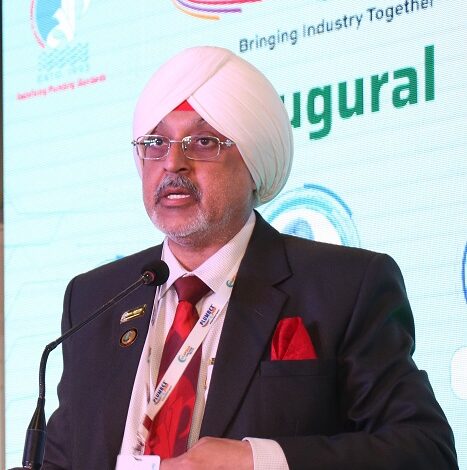
Gurmit Singh Arora, National President, Indian Plumbing Association
The commitment of the Modi government to facilitate projects related to provision of water supply, sewage treatment, and solid waste management in 100 large cities is an essential milestone in ensuring the sustainability of urban development. As such, this policy action plan is wholly pegged on the cooperation with states and the multilateral development banks, which will fill the acute shortage in infrastructure in the burgeoning urban centers. It is also safe to assume this is a direct outcome of the inefficiency of service delivery: In 2019, according to the Ministry of Housing and Urban Affairs, 67% of urban households had piped water supply, while 78.7% had access to toilets. India generates about 62 million tonnes of waste annually- only about 68 per cent is collected and 28 per cent treated. If aimed at the metropolises, which account disproportionately for these numbers, it would really help. Finally, the support from MDBs will also facilitate access to global experience and funding that would be essential for embracing state-of-the-art technologies in water and waste management, thereby helping to realize the aspirational goals of the Swachh Bharat Mission.


